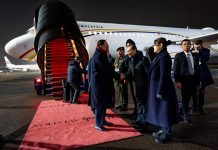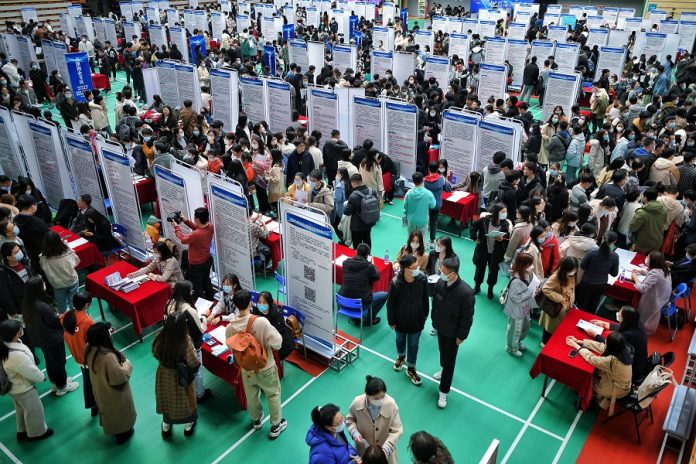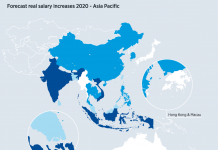China has pledged to create more jobs and boost foreign investment as the world’s second-largest economy braces for external uncertainties in the year ahead. Speaking at a meeting of the State Council, China’s cabinet, Premier Li Qiang called for stronger employment policies, ranging from skills training and job creation to jobs-related financial support. Li, who will release China’s 2025 job creation and unemployment control targets in early March, ordered government agencies and local authorities to create more jobs in sectors such as advanced manufacturing, services and consumption.
Efforts would also be made to increase the credit limit for special loans aimed at boosting employment, and launch large-scale vocational training programmes, he added during the meeting on Friday. ‘We’re quite helpless’: why Chinese delivery drivers are at their breaking point
China’s surveyed urban unemployment rate averaged 5.1 per cent last year, down 0.1 percentage points from 2023, according to official data. However, the jobless rate for the 16-24 age group has been a key concern in recent years. The rate hit a record high of 21.3 per cent in June 2023 before the monthly data release was halted for re-evaluation. It resumed in January 2024 with adjustments excluding students.
Fu Linghui, spokesman for the National Bureau of Statistics, said that the youth jobless rate fell by 0.4 percentage points last month, from 16.1 per cent in November. With a record 12.22 million university graduates expected in 2025, China’s job market will be under renewed pressure, with the sliding foreign investor confidence likely to worsen the impact.
Many of China’s regional governments are trying to stabilise the job market by focusing on economic growth and opening their markets wider to foreign direct investment (FDI). At its national work conference on FDIs this week, Beijing’s Ministry of Commerce pledged to further open up sectors such as telecommunications, medical care and education to keep foreign investors onshore and attract new capital. “[China] will strengthen service support for foreign-funded enterprises and projects … continue to build the ‘Invest in China’ brand, and improve the level of openness and innovation in national-level economic development zones,” the ministry said in a statement on its website on Friday.
FDI in China has fallen sharply since 2023, as investors remain wary of the country’s slowing growth and strained relations with the United States, including uncertainties over what the incoming presidency of Donald Trump and his cabinet of China hawks might bring. Over the past year, Beijing has repeatedly pledged to provide more market entry points for overseas and private investors. In September, Beijing announced that wholly foreign-owned hospitals would be allowed in several major cities, with foreign investors allowed to provide human stem cell and gene therapy services in pilot free trade zones.





















